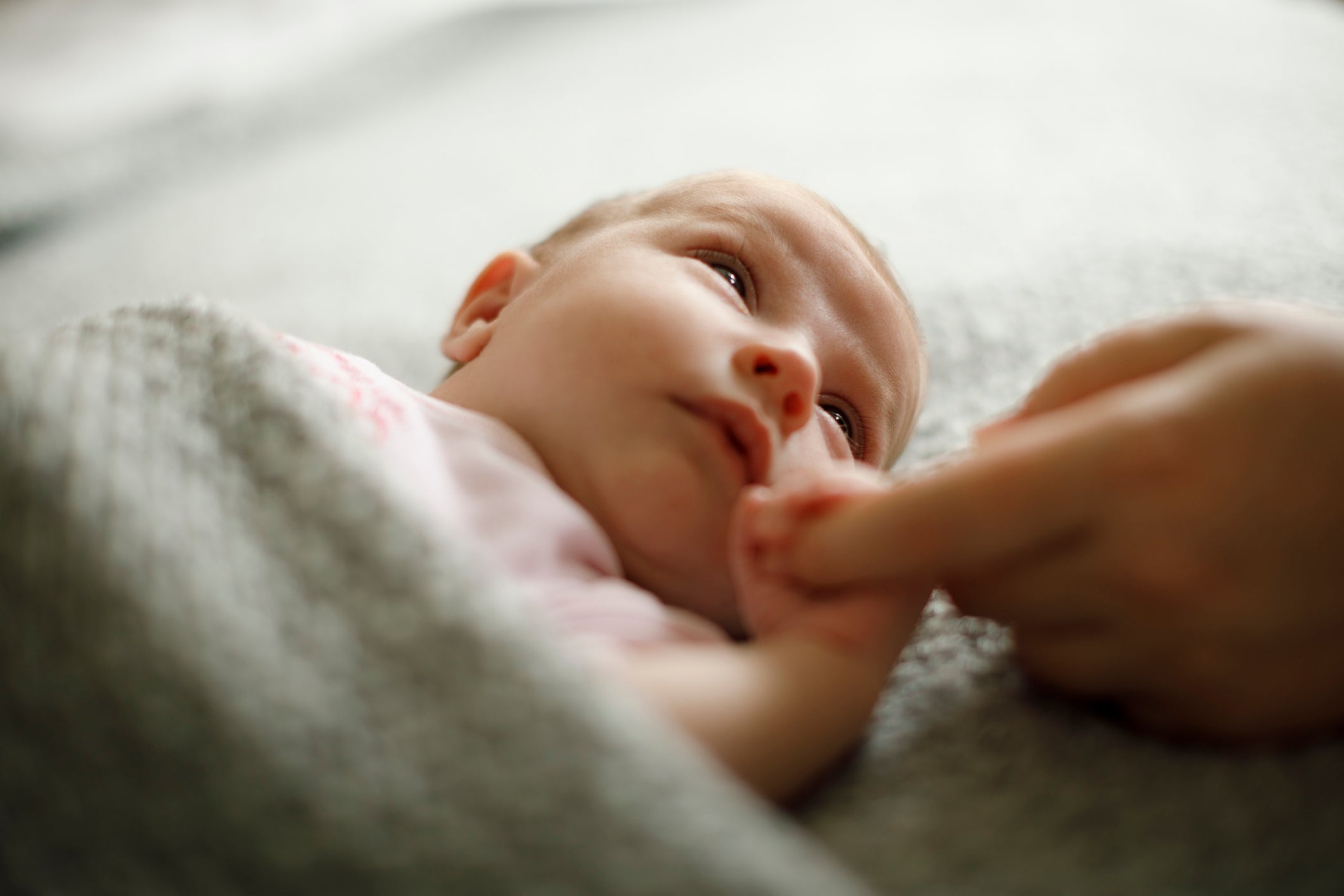UK named among least family-friendly countries in new study
UK ranks 28th in list of countries offering the best paternity leave

The UK is one of the least family-friendly countries in the developed world, a new study finds.
Researchers for Unicef analysed the policies on child care and parental leave of the 41 countries in the Organisation for Economic Co-operation and Development (OECD).
The findings showed that the UK ranked in the bottom 10 of the worst countries for maternity leave, at 34th in the table, offering just six weeks' parental leave at 90 per cent of pay and 33 weeks at a lower rate. The data suggests the latter is equivalent to 12 weeks of full pay, and brings the UK behind offers from the likes of France, Germany and Sweden.
Meanwhile, Estonia was found to be the most generous of the countries listed, offering women 85 weeks’ maternity leave at full pay after having a baby, followed by Hungary (72 weeks) and Bulgaria (61 weeks).
Among the countries that have a paid leave policy for mothers, New Zealand and Australia were found to offer the least at just eight weeks of leave at full pay. The US offers no time, ranking it the worst for maternity leave.
Top 15 countries for paid maternity leave
Show all 15When it comes to paternity leave, the UK ranked 28th in the list, offering fathers two weeks' statutory paternity leave at £148.68 per week.
However, the Department of Business last year said that the take-up by eligible fathers “could be as low as two per cent”, with financial issues cited as the primary reasons.
Japan is the only country listed in the table that offers at least six months at full pay for fathers. However, Unicef found that only one in 20 fathers in the country took paid leave in 2017.
Similarly, South Korea has the second longest period of paid paternity leave available, but fathers were found to make up just one in six of all parents who take parental leave.
The researchers behind Unicef’s report say that paid paternity leave helps fathers bond with their babies, contributes to healthy infant and child development, lowers maternal depression and increases gender equality. As a result, the organisation is calling for national policies ensuring paid paternity leave and encouraging fathers to use it.
Liam Sollis, head of policy and advocacy at Unicef UK, says: “Evidence shows that a child’s brain develops the fastest in its early years, and that during this period parents and caregivers have a vital role in providing nurturing interactions, good nutrition and sensory and motor stimulation.”
Parental leave legislation in the UK entitles parents to share up to 50 weeks of leave and up to 37 weeks of pay during the first year after the child is born or, in the case of adoption, placed with the family.
The UK’s Shared Parental Leave (SPL) can be used in blocks “separated by periods of work, or take[n] all in one go”, the Government states. Parents can also choose to take time off work together or to stagger the leave and pay.
However, only 1 per cent of new parents used shared parental leave last year, according to research from the Trades Union Congress, prompting calls for an overhaul of the system.
Just 9,200 new parents took up shared leave in 2018 out of more than 900,000 who were eligible, the study found.
“UK working parents and caregivers still face major challenges balancing work and their caregiving responsibilities,” adds Sollis.
“While the UK government is taking steps to review and raise awareness of family friendly policies, take-up of shared parental leave, particularly amongst fathers, remains unacceptably low, and governments and businesses need to do more to tackle the financial, cultural and administrative obstacles that many families face.”
According to data from 29 countries listed in the report, parents of young children in the UK were the most likely to cite cost as the reason why they do not use formal nursery childcare.
However, in Czech Republic, Denmark and Sweden, finances were an issue for less than one in 100 parents who said that they had an unmet need for childcare services.
According to the 2018 Global Gender Gap Report, published by the World Economic Forum in October, it will take an estimated 202 years for economic equality between men and women to be achieved.
Subscribe to Independent Premium to bookmark this article
Want to bookmark your favourite articles and stories to read or reference later? Start your Independent Premium subscription today.

Join our commenting forum
Join thought-provoking conversations, follow other Independent readers and see their replies